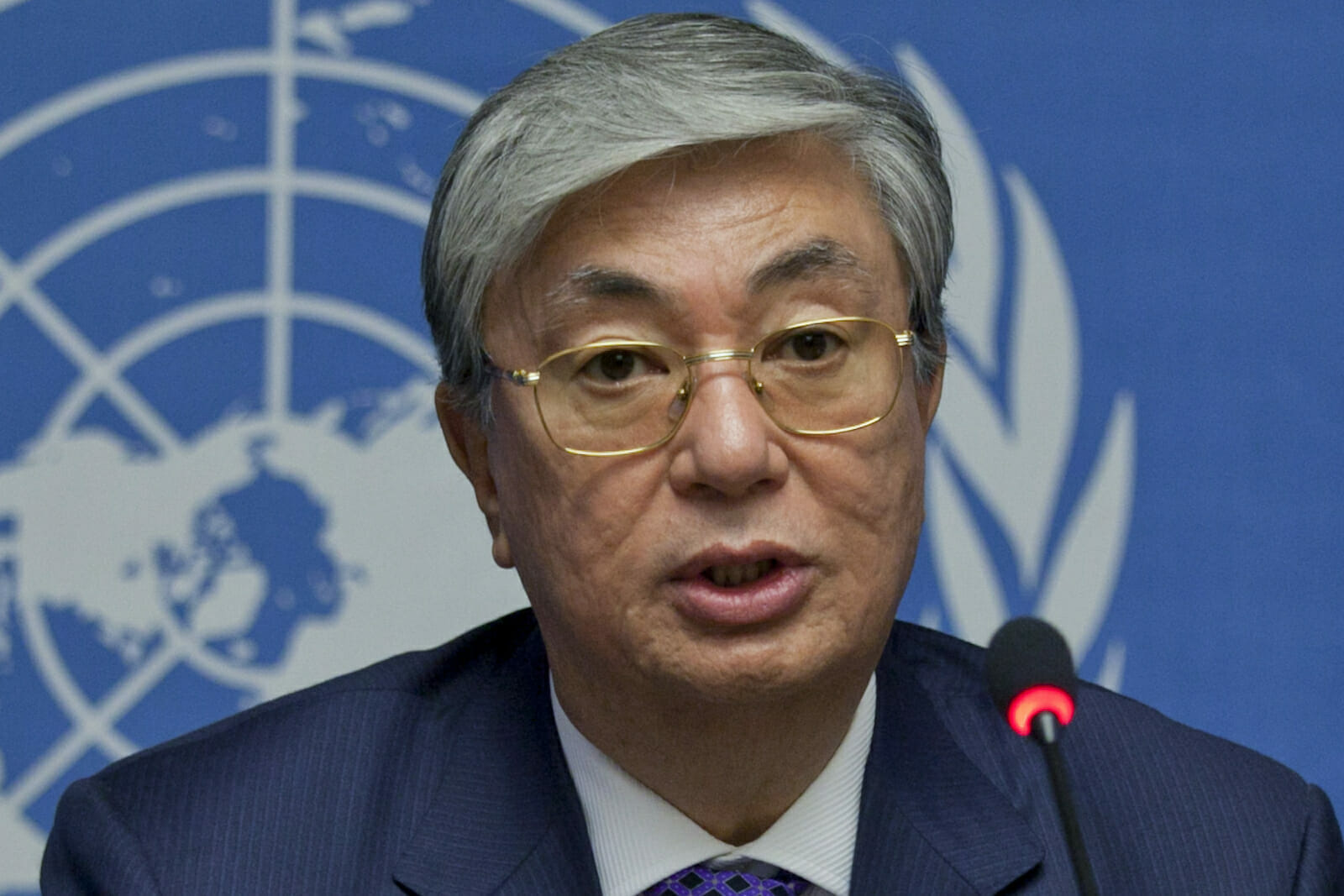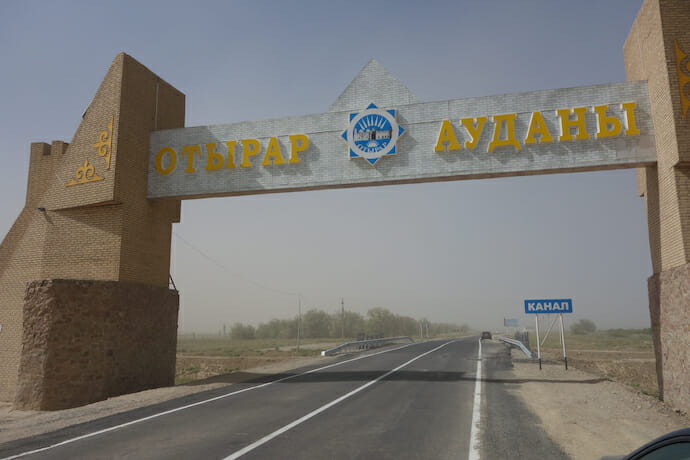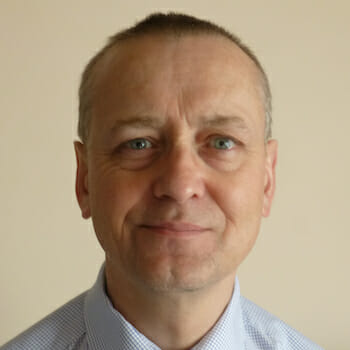
EU-Kazakhstan Ties Expected to Remain Strong After Election
Kazakh voters go to the polls in just over one month as new President Kassym-Jomart Tokayev seeks a personal mandate to govern the oil-rich Central Asian nation. Nursultan Nazarbayev, the only leader Kazakhstan had known since the country gained independence nearly 30 years ago, resigned on March 19 and Tokayev, the then speaker of the Senate, became the new president.
Tokayev has now called a presidential election, originally slated for 2020 when Nazarbayev’s fifth term was set to end.
Analysts say Nazarbayev’s endorsement of Tokayev is the deciding factor in the vote. An EU insider told International Policy Digest, “Kazakhstan is an important economic power in Central Asia, and plays a crucial role in the supply of oil and gas to the region and beyond. The country is stable and prosperous, achieving high growth and development in the past few decades.”
He pointed out that Kazakhstan is undergoing major economic, social and political reforms to position itself among the top 30 global economies by 2050.
The land-locked country, situated between Russia, China, the Turkic world and Europe, has a unique strategic importance as a bridge between East and West. Its geographical location on the ancient Silk Road makes it a natural hub for energy, trade, and finance.
Kazakhstan emerged from the collapse of the Soviet Union in 1991 as an independent state and is the world’s 9th biggest country.
It is the first Central Asian nation with which the EU has signed an Enhanced Cooperation and Partnership Agreement in 2015. The European Instrument for Democracy and Human Rights also helps encourage the pluralistic political system in Kazakhstan, while strengthening the role of civil society.

The EU said in a statement: “We look forward to a credible and inclusive presidential election.”
The EU source said Brussels believes Kazakhstan is “committed to free and fair elections in June,” adding “it is important for the rest of Asia and the world that there is a seamless and peaceful transition to a new president.”
On April 26 President Tokayev started a tour of the country’s provinces to meet with local communities and workers, part of his efforts to connect with people across the Central Asian country and to hear first-hand the issues they face.
His tour began in East Kazakhstan, the leading industrial-agrarian region of the country. Last year industrial output grew by 9.3% there, boosting Kazakhstan’s economy despite an uncertain global outlook.
The tour also included the infamous Soviet-era nuclear test site of Semipalatinsk that was closed in 1991 as well as the Pavlodar Oil Chemistry Refinery, one of the country’s three refineries. Kazakhstan has the largest proven reserves of crude oil in the Caspian region, and production is expected to double over the next decade to over 3 million barrels per day.
Tokayev also visited a youth development centre in Pavlodar.
“Kazakhstan’s secularism and tolerance for religious and ethnic minorities are seen as a regional and global model. Kazakhstan has also developed a multi-vector foreign policy, which ensures its continued peace, security, and stability,” added the EU source.
The Kazakh Central Election Commission said that, so far, seven candidates will be contesting the election.
In addition to President Tokayev, they include: Daniya Yespayeva, the first woman to run for president in Kazakhstan; Sadybek Tugel, an editor nominated by the Eagles of the Great Steppe movement; Amandeldy Taspikhov, nominated by the Federation of Trade Unions; Jambyl Akhmetbekov, a member of parliament for the Communist People’s Party; Toleutai Rakhimbekov, nominated by the Auyl (which means “village” in Kazakh) party; and, Amirjan Kosanov, an opposition figure, and journalist, nominated by the Destiny of the Nation movement;
President Tokayev served in Nazarbayev’s government for 25 years and is a graduate of an elite Soviet diplomatic school. A career diplomat and a polyglot, he is fluent in Kazakh, Russian, English, and Chinese and has knowledge of French. Tokayev has served as Director General of the United Nations Office in Geneva, and as a personal representative of the UN Secretary-General to the Conference on Disarmament, among other positions.
He was recently unanimously nominated as the presidential candidate of the ruling party of Kazakhstan, Nur Otan.

